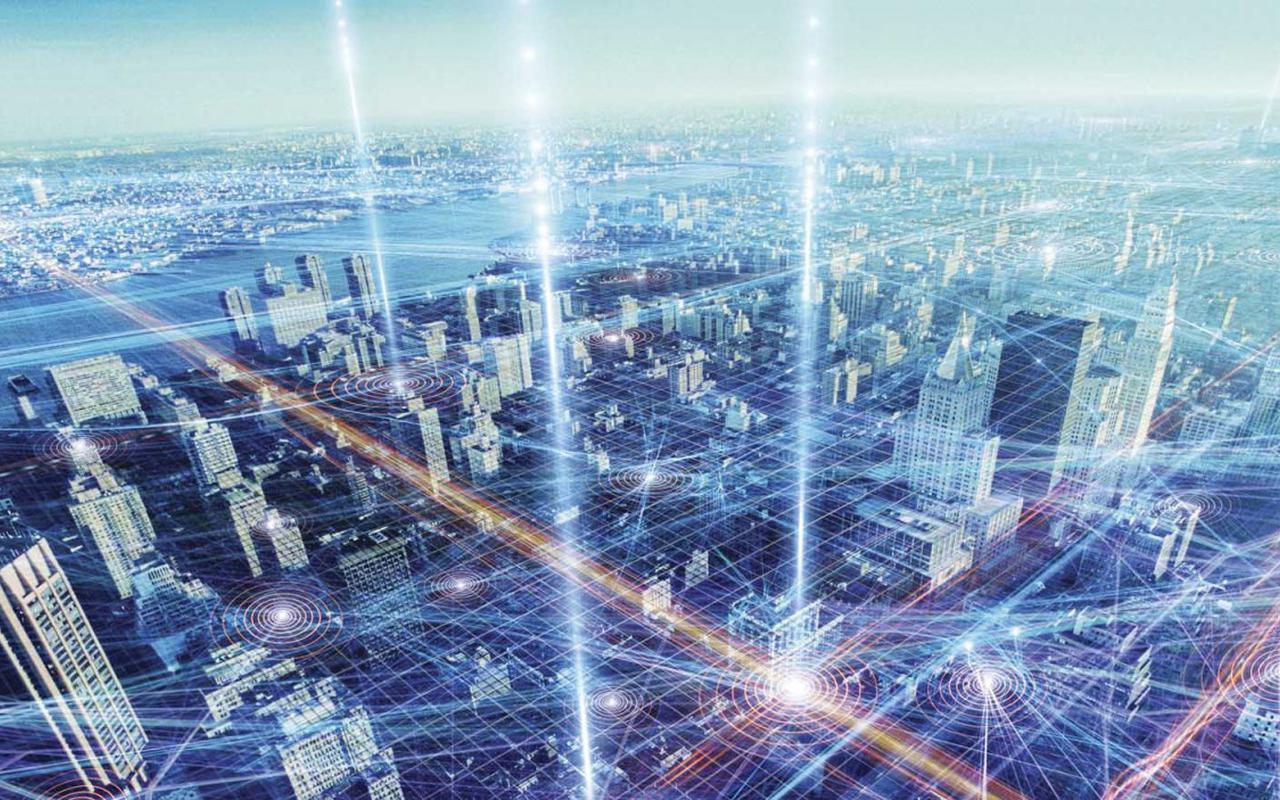Smart city technologies have found active use in the hotel business
Trends in recent years in many European cities are associated with cost reduction. The technology of the smart city helps in this: the market is still in its initial state, but will soon become commonplace, as well as the Internet of Things.
The most active consumer of new solutions is the hotel business. Today there are hotels that are controlled by a smartphone application. An example is KViHotel, operating in Budapest (Hungary). This institution maximally delegates management functions to the consumer, from the time of booking until departure. The main processes are controlled by the TMRW Hotels mobile application.
The full automation of the hotel property helped reduce costs and offer a low price for the client: a standard room for 2 people would cost 60 euros per day – all this at the level of service corresponding to European four stars.
When analyzing the brand books, which provide large network operators to contractors, we are paying attention to the increased requirements for automation. Therefore, it can be argued that all new and restored hotels in Europe will somehow be connected with smart security systems, air conditioning, reservations, check-ins and check-outs. Already, projects for the abandonment of magnetic keys are being developed and being implemented: access to the premises is provided according to the client’s biometric data.
Smart city technologies are being introduced to reduce costs and automate processes
Hotel Aloft Kiev (Ukraine), part of the network of Marriott International, has a number of smart solutions. One of them is SPG Keyless. The system provides access to numbers using a smartphone. As you can see, obtaining keys at the front desk has become an optional procedure. The client is issued to the hotel independently when paying for the room.
In the residential real estate sector, smart solutions are not as popular as they lead to higher project costs and are not always a competitive advantage. Nevertheless, certain changes in the industry already exist. In particular, the Obolon Residences LCD infrastructure (Kiev) is based on the BMS (building management system) solution. Thus, the system combines the monitoring of engineering systems and their management, as well as video surveillance and security. BMS also includes fire and burglar alarms. Residents of the housing complex can connect to the system from a smartphone and monitor the consumption of utilities (all meters are smart and transmit information in real-time). Also the dispatch center of the service company is connected to the system, to which the alarm signals are transmitted. The dispatcher can remotely limit the water supply, some emergency services are called automatically.


